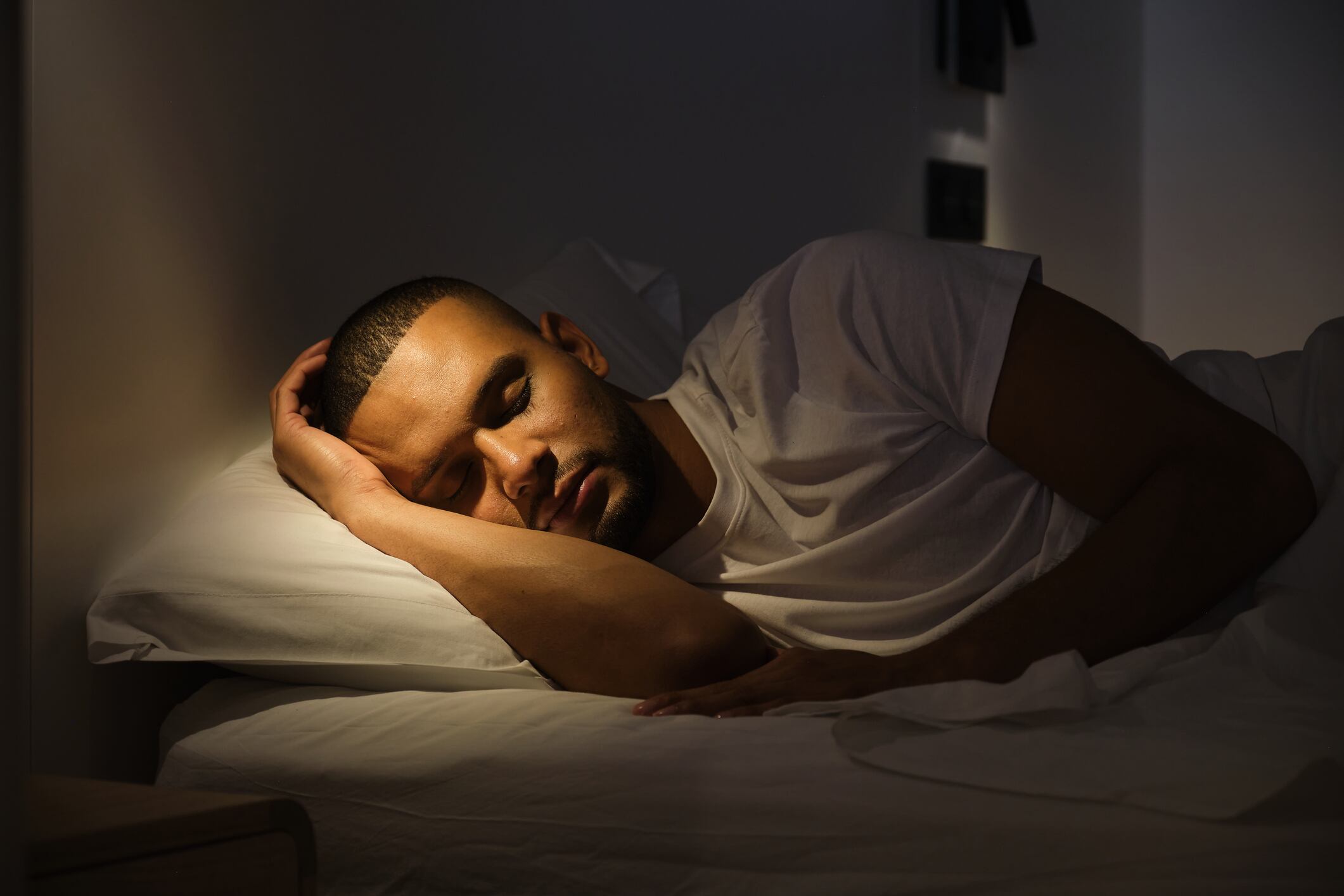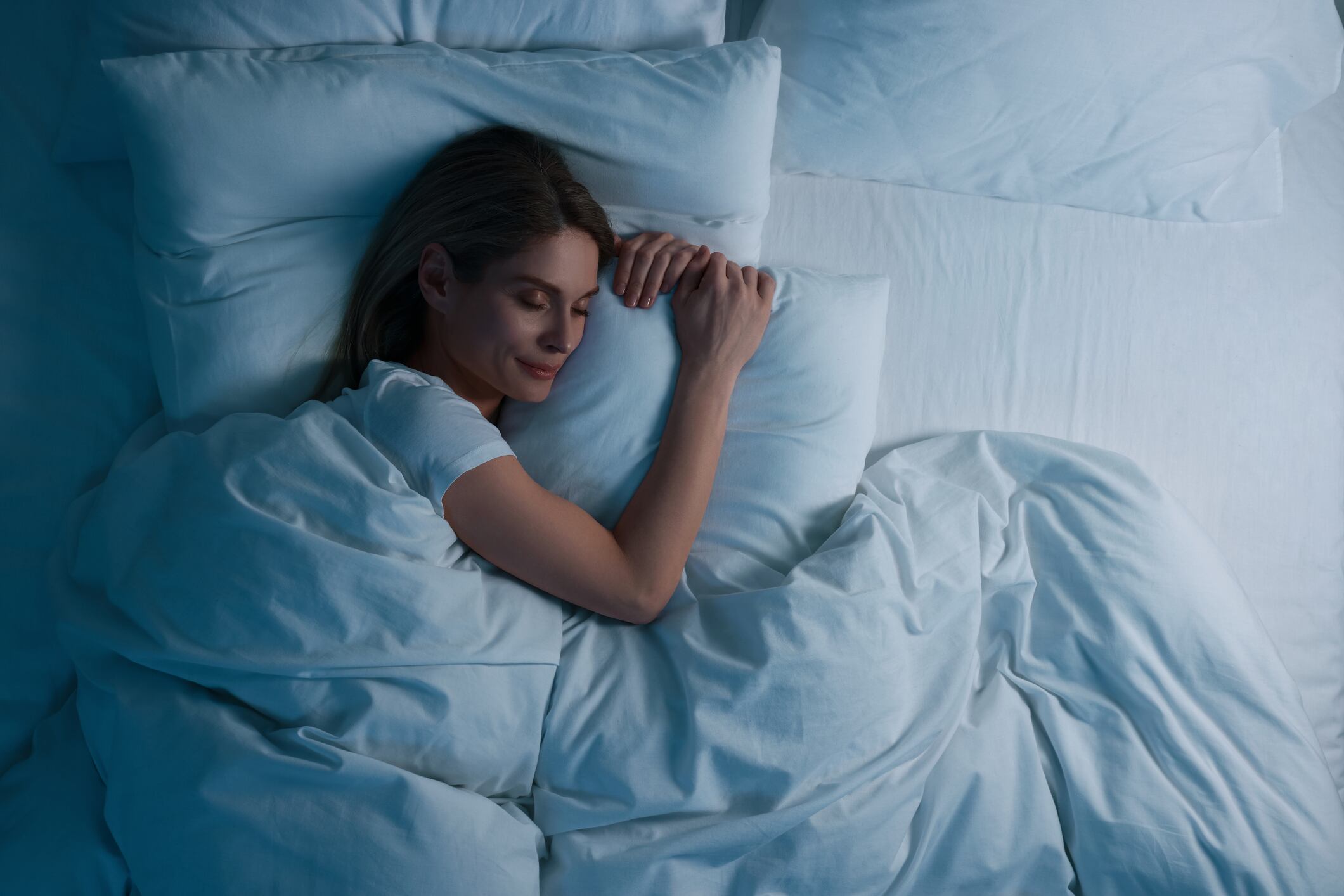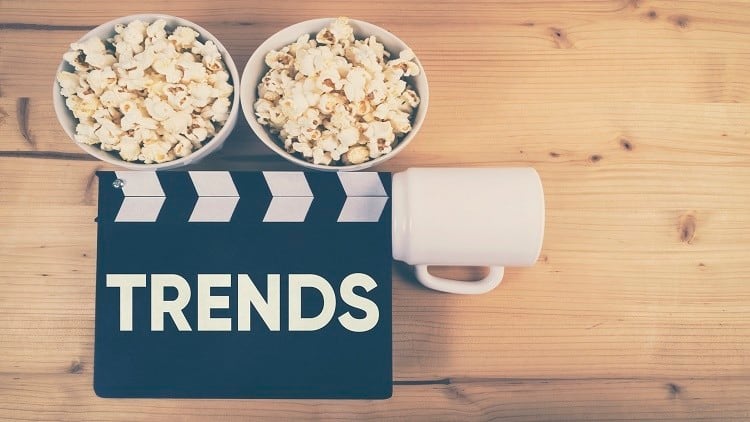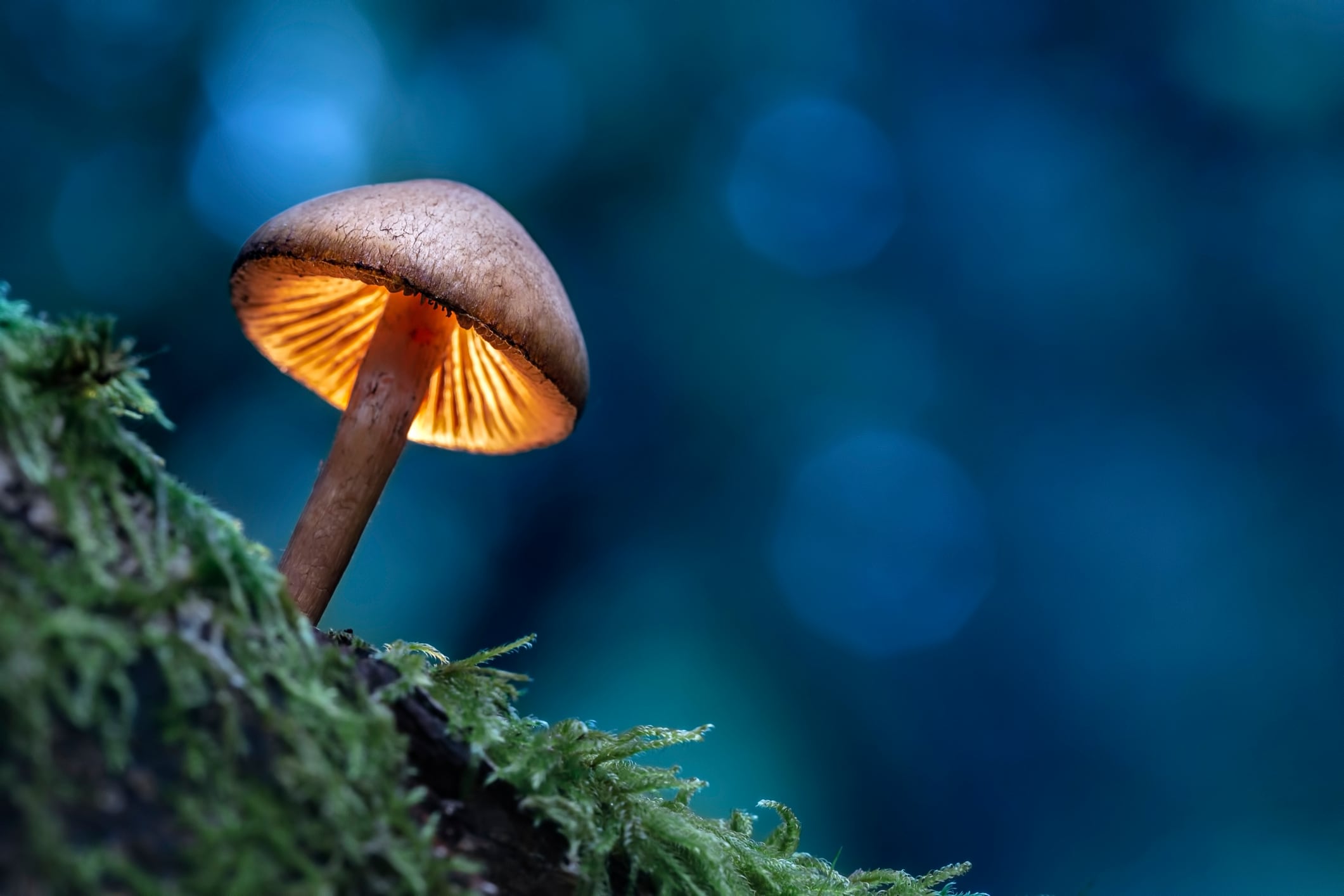Conducted by researchers from Atlantic Technological University, Sport Ireland Institute and Ulster University in Ireland, the report aimed to map current knowledge, identify effective nutrition-based interventions and highlight existing research gaps.
“Sleep is a critical pillar of health and elite athletic performance, influencing recovery, adaptation, cognitive function and injury risk,” Professor Sharon Madigan, head of performance nutrition at Sport Ireland Institute, told NutraIngredients. “Despite its recognized importance, the specific role of nutritional strategies to enhance sleep quality and duration in athletes is an emerging field with fragmented evidence. There are lots of views and opinions of which many have no credible scientific basis.”
Providing a template for practitioners working with elite athletes, the report, published in MDPI Sports, concluded that kiwifruit, tart cherry juice and high dairy intake (in women only) demonstrate the highest potential to promote sleep in elite athletes, although the findings are based on limited sample sizes.
A-lactalbumin, casein, tryptophan and probiotic all showed varying results on sleep quality in elite athletes.
Tryptophan-rich supplementation ”may hold promise,“ according to the report, but a ceiling effect may exist in elite athletes consuming over 2.5 g per kg of body mass when it is competing with other large neutral amino acids.
The researchers noted that extended probiotic supplementation may result in improved sleep scores as a by-product of reduced muscle soreness.
Data indicated that protein-based interventions may also have a ceiling effect on sleep quality when elite athletes are already consuming over 2.5 g per kg body mass or are already meeting their sleep duration needs.
“More research is needed on dose-response, timing and long-term effects of nutritional sleep aids, especially in elite athlete populations and female athletes,” Professor Madigan said.
“Ingredients with growing interest but limited robust evidence include melatonin (from foods), certain micronutrients (like magnesium) and plant-based phytochemicals (e.g., polyphenols from tart cherries or kiwifruit). Ongoing studies should address efficacy, safety and optimum dosages for elite sports environments.”
Sleep quality and performance
“Sleep is vital for both short-term performance and long-term health,” Professor Madigan said.
“It is essential for muscle repair, memory consolidation, metabolic regulation and immune support. While many athletes and practitioners rate sleep as highly important, practical prioritization can be inconsistent due to factors like travel, competition schedules and training demands. However, awareness among high-performance practitioners has increased significantly in recent years.”
She noted the heightened interest in this aspect of health has been further bolstered by the widespread use of wearables, allowing the general population and athletes to reflect on their sleep patterns as well as other metrics.
“There is a stronger emphasis on sleep as a key component of athlete recovery and performance, as evidenced by the growing number of scientific publications, dedicated sleep coaches, and targeted interventions used by individuals, teams and organizations,” she said.
Study details
The study followed Preferred Reporting Items for Systematic Reviews and Meta-Analyses (PRISMA) extension for Scoping Reviews and adhered to the Joanna Brigg’s Institute Reviewer’s Manual for Scoping Reviews to assess the available evidence on nutrition strategies used to promote sleep in elite athlete cohorts.
To enhance rigor and assess risk of bias in studies NUtrition QUality Evaluation Strengthening Tools (NUQUEST) was used. Additionally, The Paper to Podium (P2P) Matrix was used to translate findings into practical recommendations for practitioners.
A total of 12 studies met the inclusion criteria for nutrition interventions or exposures to promote sleep in elite athletes. The median participant group size was 19, and study designs were collectively analyzed to identify potential sleep-promoting strategies.
Professor Madigan noted the “limited and sometimes conflicting evidence” for many nutrition-based sleep aids commonly discussed in practice, such as tart cherry juice or high glycaemic index carbohydrates.
“Additionally, the strong individual variation in response to different strategies and the underreporting of potential negative effects for some supplements stand out in the literature,” she said.
Dan Richardson, performance nutritionist and head of nutrition at DRN Nutrition, told NI that sleep is a huge part of performance nutrition support.
“It’s often the missing piece when athletes are doing everything else right but still not recovering well,” he said. “Poor sleep can affect appetite, mood, decision-making and glycogen resynthesis, so it’s something I routinely check in on.”
He added: “In terms of nutrition, I focus first on consistency, regular meals, adequate carbohydrate intake and avoiding excessive caffeine late in the day. From a supplement perspective, magnesium glycinate, tart cherry juice and low-dose melatonin (where appropriate and informed) tend to come up most often, but I always emphasize that the foundation is still good sleep hygiene.”
Source: Sports 2025, 13(10), 342. doi: 10.3390/sports13100342. “Nutrition Strategies to Promote Sleep in Elite Athletes: A Scoping Review”. Authors: Rackard, G. et al.





